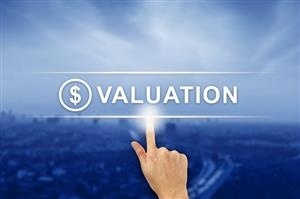
When it comes to the value a family business may hold for different members of that family, the results are mixed at best. One person wants to know the fair market value while another wants to wait for the right buyer and a third wants to know how much they can get right now with a liquidation or salvage price. Which approach is the right one for which situation? Here are a few scenarios to consider when determining the best answer to that question.
Business Appraisal: The right value a family business needs
- A grandfather is passing on his construction company to his grandson. Both of them realize that some amount of money needs to change hands. But while granddad is trying to fund his retirement, junior is trying to break into the business for the lowest possible outlay. Finding a fair market value is an excellent way to make sure both sides get a fair shake and a great deal.
- Two brothers have run a printing company together for years, but now one wants to try something different. They both want to be fair while still ensuring that the printing company can continue to function well for years to come. How do they determine the value the brother who is leaving brings into the company to compensate him for his work and investment over the years?
- After the terrible car accident that took their father's health, the family is trying to figure out how to sell off the company that he had built over the years. One sibling stayed at home to care for him and, feeling the financial strain of caregiving, feels the company should be sold off as quickly as possible. Another sibling wants to hold onto the company as long as possible to find the right buyer to maximize profits. How should the situation be handled in a way that is acceptable to all parties?
- A daughter has finished an exceptional education and is coming back home to help run the family business by running the marketing department. Her brother never left after high school and has been operating a forklift in the warehouse for several years. The ideas the daughter is bringing to the company may provide significant growth while the brother has steadfastly made sure everything was done while she was away. How can the parents make sure each child gets an equitable portion of the business and how is that figure determined?
- A family member has contracted a serious illness and needs to cash out their portion of the business to cover expenses while receiving treatment. Should the value be determined at a salvage value, a fair market value or based on income that is expected in years to come? How can that value be determined fairly for all family members, both leaving for health reasons and those staying to maintain the company?
By knowing what you're trying to accomplish with a business appraisal, the value a family business may bring can be made much clearer. But before you simply look in the paper or call a realtor to decide how much your family business is worth, you'll want to consult with a certified business valuation specialist. They can help you find the right method for your situation while providing you with valuable insights into your company, competition and industry.








